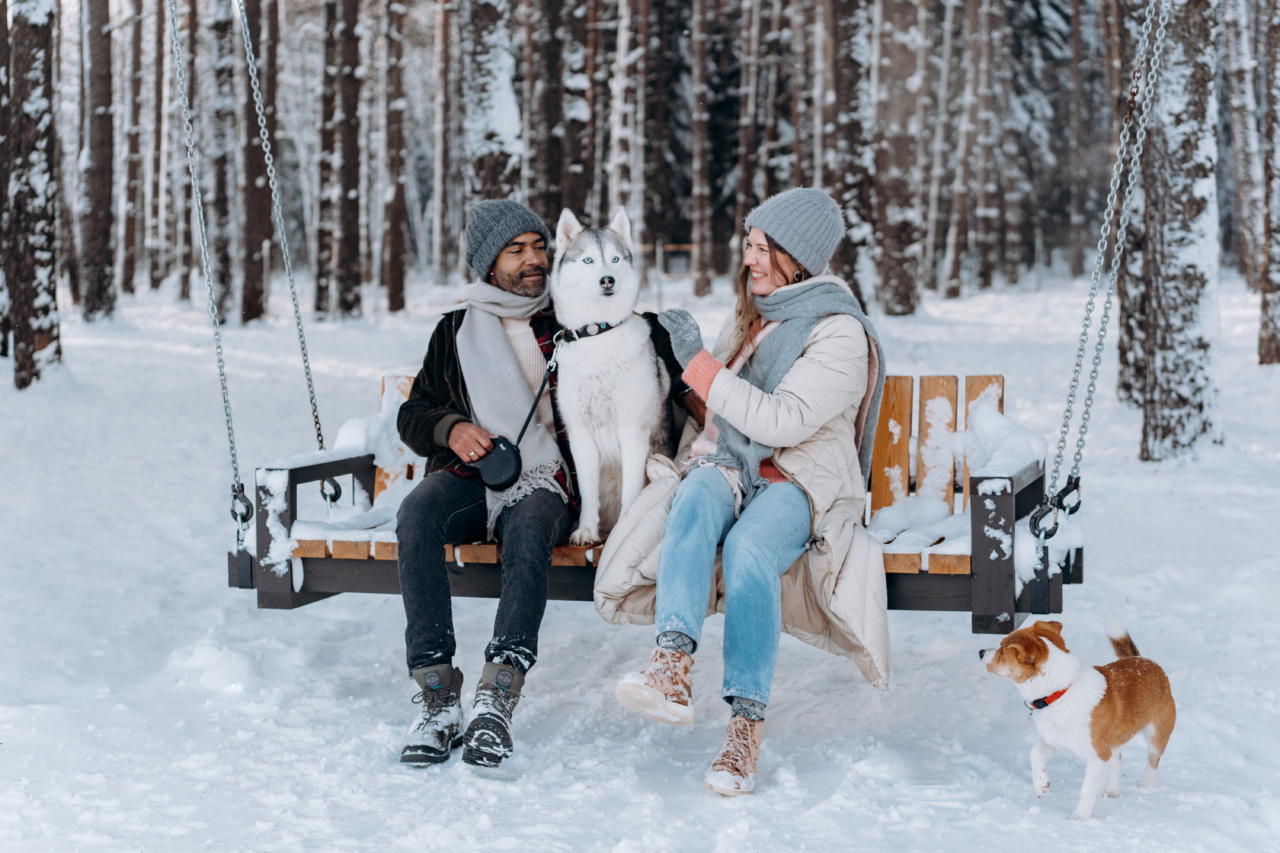Humans have had a deep affection for dogs since ancient times, often considering them as loyal companions and members of the family. This special bond between humans and dogs has been praised and celebrated across different cultures and eras.
But what is it that drives this love for dogs? Is it something that is ingrained in our DNA? In this article, we will explore the concept of innate love for dogs and delve into the reasons behind this extraordinary connection.
The Evolutionary History of Dogs and Humans
It is believed that the domestication of dogs began around 15,000 years ago, making them the first domesticated animals.
Dogs are descendants of wolves, and over time, humans selectively bred them for specific traits such as hunting skills, loyalty, and companionship.
During the hunting and gathering phase of human history, dogs played a crucial role in helping humans procure food. This symbiotic relationship between early humans and dogs laid the foundation for the emotional bond that would eventually develop.
As humans migrated and settled in different parts of the world, dogs accompanied them, forming an inseparable partnership.
The Emotional Connection
One of the key factors that contribute to the love humans have for dogs is the emotional connection they provide. Dogs are known for their unwavering loyalty, and they have an uncanny ability to understand human emotions.
Numerous scientific studies have shown that interacting with dogs increases oxytocin levels, a hormone associated with bonding and affection.
The companionship of dogs has been proven to reduce stress, anxiety, and feelings of loneliness. They offer a sense of unconditional love, which can be deeply comforting.
This emotional support has been particularly important during challenging times, such as natural disasters, war, and personal tragedies.
Dogs as Social Facilitators
Dogs have also proven to be excellent “social lubricants” for humans. Taking a dog for a walk or visiting a dog park often leads to interactions with other dog owners.
Dogs serve as conversation starters and can help in breaking down social barriers. They provide an opportunity for humans to engage in social interactions and build connections, which is beneficial for mental health and overall well-being.
Genetic Predisposition towards Canine Love
The affinity humans have for dogs might, in fact, have a genetic component. Studies have suggested that there may be genes associated with dog attachment and empathy towards animals.
In a study published in the journal Science Advances, researchers discovered a gene called WBSCR17 that affects the hypersocial behavior seen in both humans and dogs.
This gene is responsible for the Williams-Beuren syndrome, a genetic disorder characterized by hypersocial behavior towards both humans and animals.
The researchers found that the same gene variation exists in dogs, indicating a shared genetic basis for sociability. This finding provides evidence that the love and attachment humans have for dogs might be partly influenced by our DNA.
Early Exposure and Cultural Influence
Another significant aspect that shapes our love for dogs is early exposure and cultural influence. Growing up with dogs or being surrounded by people who cherish them can play a crucial role in developing a fondness for them.
Many individuals form emotional connections with dogs during their childhood, which often extend into adulthood.
Cultural factors also influence our perception and affection towards dogs. In some societies, dogs are revered as spiritual or sacred beings, while in others, they are considered working animals.
Cultural representations of dogs in literature, art, and media also contribute to the way we perceive and relate to them.
Dogs as Service Providers
Beyond their role as companions, dogs have been significant contributors to society.
They serve as guide dogs for the visually impaired, therapy dogs for individuals with mental health conditions, and assistance dogs for individuals with physical disabilities. These extraordinary canines provide invaluable support and assistance, further strengthening the bond between humans and dogs.
Dogs in Science and Research
Dogs have played a vital role in various scientific experiments and research studies, particularly within the field of medicine.
Dogs have been instrumental in advancing medical knowledge and developing treatments for a wide range of conditions, including cardiovascular diseases, cancer, and diabetes. The immense contribution dogs make to scientific progress serves as another reason why humans hold them in high regard.
The Effect of Domestication
Dogs have been domesticated for thousands of years, resulting in significant changes in their behavior, appearance, and genetics. Selective breeding has led to the production of a variety of dog breeds, each with its unique characteristics and traits.
Humans have played an active role in shaping the evolution of dogs, resulting in an animal that is highly attuned to human needs and emotions.
As a result of domestication, dogs have developed traits such as a sense of loyalty, empathy, and the ability to communicate effectively with humans.
These characteristics make them ideal companions and enhance the emotional bond they share with humans.
Conclusion
The love for dogs appears to be deeply rooted in the human experience. Our long history of coevolution and companionship with these remarkable creatures has shaped our emotional connection with them.
From early exposure to dogs and cultural influences to genetic predispositions, multiple factors contribute to our affinity for dogs.
However, it is important to recognize that not everyone may share the same love for dogs. Personal experiences, preferences, and individual differences can overshadow any inherent predisposition towards canine affection.
Regardless, the incredible companionship and unwavering devotion that dogs provide continue to touch the hearts of millions of people around the world.



























